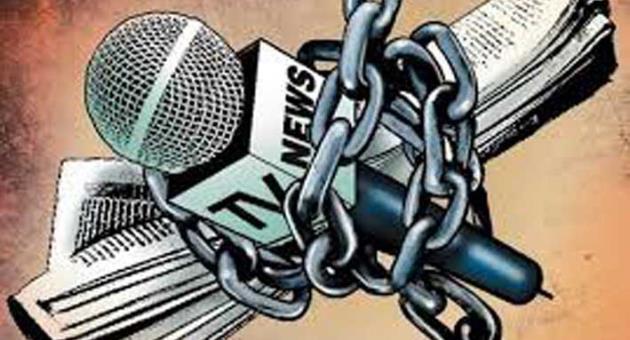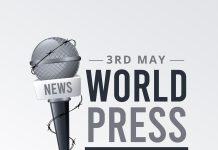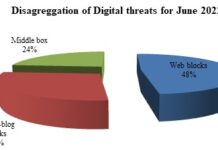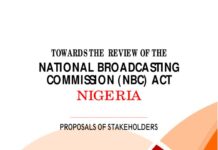Democracy requires an active media to thrive. This is because the parameters that constitute good governance, which is a common feature of a vibrant civil rule, can be measured by the level of accountability, transparency and rule of law that exist in a country. Ordinarily, it is a difficult task for many governments to appraise itself whether it is doing well or not. Hence, the importance of the media in serving as the prism to review the performance of democratic rule parameters is ever relevant. An attempt to stifle the media in carrying out these functions would bring about dire consequences for good governance.
A case under contention is the Nigerian Press Council Amendment Bill, which has already been debated at the public hearing stage. The bill seeks to regulate journalism practice by creating a statutory body to arbitrate between the media and the public. It is on this premise that the media can be compromised that Nigerians were angered with the new media bill before the National Assembly has been described as retrogressive, unconstitutional and anti-people.
The main justification that promoters of the legislation are hinging on is the fact that today, proliferation of the media is so severe that fake news and hate speech have dominated public spheres and posing national security problems. Ordinarily, any responsible government should be bothered about the flow of information, fostered under an atmosphere of peace, sanity and tranquility. This is more important now that the general elections are fast approaching. The media should, therefore, not be a weapon for creating chaos, disaffection and intimidation in the land. Logical, is this line of argument.
Beyond this thought, introduction of the anti-media bill at this time is not only curious but apprehensive. It is suggestive that there is a deliberate plan to manipulate the media toward certain political advantage.
It is because of this many people feel that the introduction of the bill is nothing, but a mere amalgamation of the obnoxious Public Officers Protection Against False Accusation Decree No. 4 of 1984 and Newspapers Registration Decree 43 of 1993, being brought back into our legal system through the back-door; the draconian laws that were promulgated during the totalitarian military rule in the country. It’s existence would criminalise journalism practice in Nigeria. Do we need this? The answer is ‘no’. Already, there are several extant laws in the country that can tame the excesses of media practitioners.
Nigeria should do this rightly. We should not be taking after countries that are not doing well in democratic rule and press freedom. The United States of America, Great Britain, France and Canada can be said to be doing well in terms of free press. On the contrary is many African and developing countries that are still lagging behind in creating room for media independence. We recall that Nigerians are more active in protecting the nation’s democracy at all cost. A similar and controversial bill failed to sail through the parliament in 2016, when the Frivolous Petitions Prohibition Bill (also known as the Social Media Bill) was being pushed for passage into law the before it ‘died’ at the Senate plenary.
Already, the Nigerian Press Organisation (NPO), Newspaper Proprietors’ Association of Nigeria (NPAN), Nigerian Guild of Editors (NGE), Nigerian Union of Journalists (NUJ), Broadcasting Organisations of Nigeria (BON) and other civil society organisations had decried the attempt to pass the bill and calling for its suspension. While such internal mechanism should be fully deployed to curb perceived excesses in the media, those on the social media are uncontrollable; which remains a global source of concern for all.
There are enough existing laws that can guarantee against excesses by media practitioners. It should be stressed that media houses and journalists are bound by the ethics of the journalism profession.
















